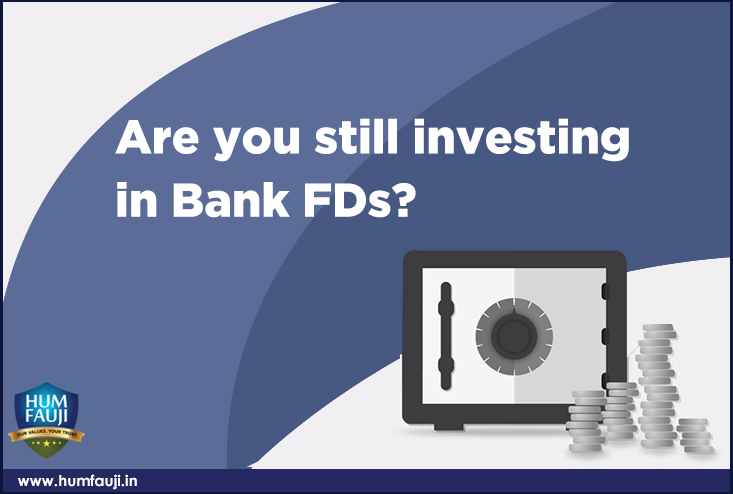Introduction:
Gold has always been considered a safe and valuable asset for investors. Over the years, various investment instruments have been introduced to facilitate gold investments. One such instrument gaining popularity is Sovereign Gold Bonds (SGBs) issued by the Reserve Bank of India (RBI). In this article, we will delve into the features and benefits of SGBs and compare them with other gold investment options available in the market.
1. Understanding Sovereign Gold Bonds (SGBs):
SGBs are government securities denominated in grams of gold, issued by the RBI on behalf of the Government of India. These bonds offer investors an opportunity to invest in gold without owning physical gold. Here are the key features of SGBs:
a. Gold-backed Investment: SGBs provide investors with a chance to invest in gold as the bonds are backed by physical gold held by the RBI.
b. Fixed Interest Income: SGBs offer a fixed rate of interest, currently set at 2.5% per annum, payable semi-annually. This interest income is an additional benefit on top of the potential appreciation in the gold price.
c. Tenure and Liquidity: SGBs have a tenure of 8 years with an exit option after the 5th year. They are tradable on stock exchanges, enhancing liquidity for investors.
d. Capital Gains Tax Benefits: The redemption of SGBs after the 8th year is exempted from capital gains tax, making it a tax-efficient investment option.
2. Comparison with Other Gold Investment Instruments:
Let’s compare SGBs with other popular gold investment options to understand their advantages and disadvantages:
a. Physical Gold:
Investing in physical gold involves purchasing gold jewelry, coins, or bars. While physical gold offers flexibility and tangible ownership, it has certain drawbacks. These include storage and security concerns, making charges, and the risk of theft or loss. Additionally, buying and selling physical gold may involve additional transaction costs.
b. Gold ETFs (Exchange Traded Funds):
Gold ETFs are open-ended mutual fund schemes that invest in gold. These funds are listed and traded on stock exchanges. While Gold ETFs offer ease of buying and selling, they come with expenses in the form of management fees and brokerage charges. Investors also do not possess the underlying physical gold.
c. Gold Mutual Funds:
Gold Mutual Funds invest in various forms of gold, including physical gold, gold ETFs, and gold mining stocks. They offer diversification and professional management. However, they are subject to market risks and the fund’s performance depends on the fund manager’s skill.
d. Gold Savings Schemes:
Gold Savings Schemes provided by jewellers or banks allow individuals to accumulate gold in small amounts over a period. These schemes offer flexibility and the option to convert savings into gold jewelry. However, they may lack transparency, and the prices and quality of gold may not always be favorable.
3. Advantages of SGBs:
SGBs offer unique advantages that distinguish them from other gold investment options:
a. Safety and Security: Sovereign Gold Bonds (SGBs) are specifically issued by the Government of India, ensuring a commendable level of safety and security for investors’ funds.
b. Fixed Interest Income: The fixed interest income offered by SGBs provides a regular stream of income in addition to potential capital appreciation.
c. Tax Efficiency: The exemption from capital gains tax upon redemption after the 8th year makes SGBs tax-efficient compared to other gold investments.
d. Convenience and Liquidity: SGBs can be bought and sold on stock exchanges, offering liquidity and ease of trading.
Conclusion:
Sovereign Gold Bonds (SGBs) issued by the RBI have emerged as
An attractive gold investment option in India. They provide investors with the opportunity to invest in gold without the hassles of physical ownership. With their fixed interest income, tax benefits, and government backing, SGBs offer a compelling proposition for investors seeking exposure to gold.
While SGBs have their advantages, it is essential to evaluate individual investment goals, risk appetite, and liquidity requirements. Other gold investment options such as physical gold, Gold ETFs, gold mutual funds, and gold savings schemes, also have their merits and limitations. Before making any investment decisions, it is essential for investors to thoughtfully evaluate and take into account these crucial factors. Consulting with a financial advisor can help individuals determine the most suitable gold investment instrument based on their specific needs and preferences.














Leave a Reply